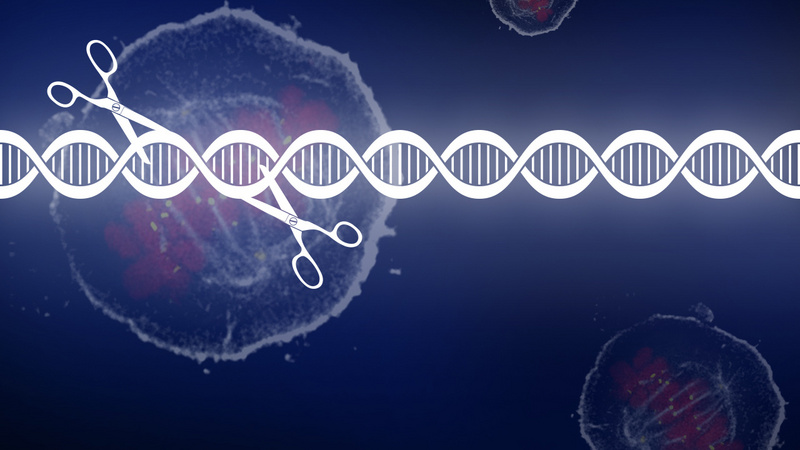2017 gene technology will make these seven areas shine
In the next few years, many of the world's medical problems to be solved point to a solution – genetic technology.
The tremendous advances in pharmacogenomics and direct-to-consumer gene sequencing have led to a massive accumulation of genetic data. The development of in-memory computing technology allows medical researchers to analyze and use genetic data in new ways. Genetic technology is also becoming more and more sensible for changes in medical behavior, such as screening for cancer with liquid biopsy DNA tests. People are not satisfied with only detecting genes, and are still studying how to modify genes. Gene editing techniques like CRISPR-Cas9 may soon be able to "replace" those who have been sentenced to death by terminal illness.
Many large-scale genomic projects are poised for growth, indicating that 2017 will be a year of gene science receipts. According to enengnews.com, a well-known biotechnology website in the United States, genetic technology will shine in the following aspects, which will have a huge impact on the medical and life science markets.
Gene dataset assisted clinical process
In order to narrow the gap between translational medical research, clinical diagnosis, and disease treatment, research teams and medical frontline workers are trying to integrate genetic data into clinical diagnosis and treatment. At present, the practice of gene-assisted clinical treatment is just beginning. Some large clinical medical centers have begun to use genes to achieve personalized medicine, but this practice has not been widely adopted by various medical institutions.

The more applications of genetic testing in clinical diagnosis and treatment are largely due to the star effect, and some celebrities' cases of gene therapy have made the medical community and the general public aware of its value. The most widely spread is that Angelina Jolie's BRCA gene mutation shows a high prevalence, allowing her to courageously perform a prophylactic double mastectomy.
Genetic testing showed that Angelina Jolie had 87% breast cancer and 50% ovarian cancer.
As more disease-related gene mutations are discovered, genetic data will become more and more widely involved in the decision-making of clinical treatment.
Nova: pharmacogenomics
Another direction that will accelerate in 2017 is pharmacogenomics. Doctors have long discovered that the same amount of the same drug, the rate of metabolism of different patients is not the same. Pharmacogenomics, a discipline that studies how genes affect drug response, is another example of the important role that genomics plays in therapy.
The Clinical Pharmaceutical Genetics Implementation Consortium (CPIC) has published a special gene prescription guide specifically for people who express specific genetic variations. With a relatively low-cost drug metabolism genetic test ($200-$500), doctors can determine the metabolic rate of a person using a drug, including drugs for AIDS and cancer.

This test is particularly useful in some treatments. For example, some AIDS patients use a drug called abacavir to sensitize and even kill. If the patient has a genetic mutation called HLA-B*5701.1, the risk of allergies is much higher.
After the development of the drug gene test, perhaps the phrase “three times a day, one tablet once a day†on the drug label will disappear, and the personalized and dynamic drug recommendation will be replaced. The age, gender, ethnicity, and genetic factors will become the drug model. The variables in it. While reducing drug waste, the efficiency of treatment has also increased, and "adverse drug reactions" may also become a past tense.
Halal Empty Capsule Size 00,Empty Gelatin Halal Capsule,Halal Empty Gelatin Capsule,Halal Gelatin Capsule Empty
Ningbo Jiangnan Capsule Co., Ltd. , https://www.ningbocapsule.com